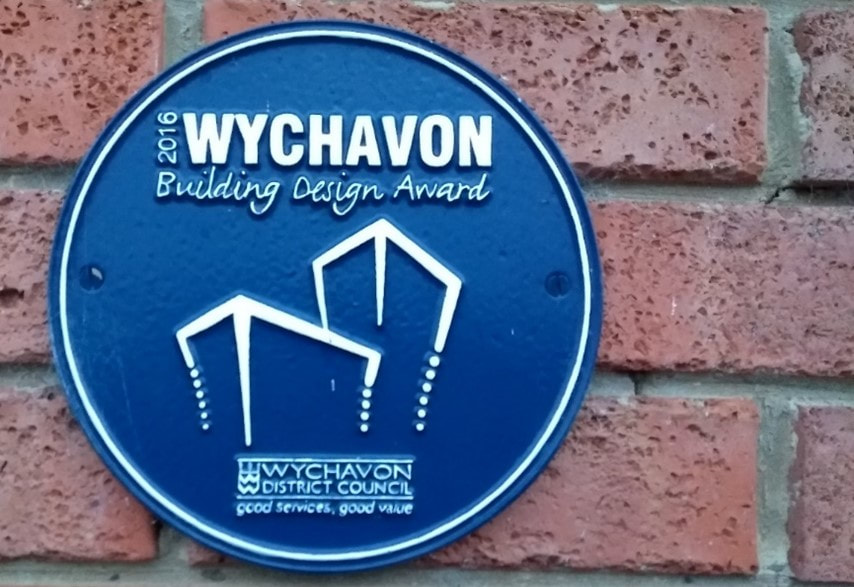The house was “officially” finished in November 2014 and passed final inspection for the 10-year insurance backed structural warranty, in January 2015 i.e. valid until 2025.
However, as with any self-build project, it is never really is “finished” in the same way as would be having a builder working under contract, when there has to be a specific end date.
So, works have continued at Hill End – most recently adding a garden studio under Permitted Development rights for the house (the timber frame car port and workshop being Permitted Development for the original bungalow).
Has the project been successful?
Financially, the cost exceeded the budget by approximately 10%. However, the timber framed car-port and workshop were not included in the original budget, and much of the remaining cost overrun was for professional fees, and for added build costs incurred directly as a result of the modifications called for by the Planning Officers, before they then sought to refuse the application.
Their logic for recommending refusal was that, in their “considered” opinion, the original bungalow with oil fired heating (there being no gas supply in the hamlet), was more sustainable than the proposed house.
It is, perhaps, somewhat ironic therefore, that once completed the house was entered for the bi-annual Wychavon District Council Building Excellence Awards, and in 2016 it received a Civic Award Blue Plaque for its “Sustainability”!
Since completion in 2014, the running costs have been monitored each month, and for example, in 2020, the net running cost of the house for the entire year, for energy, water and sewerage disposal (i.e annual septic tank de-sludge) was approximately £200.00.
Perhaps the answer to “Has the project been successful?” is self-explanatory!
However, as with any self-build project, it is never really is “finished” in the same way as would be having a builder working under contract, when there has to be a specific end date.
So, works have continued at Hill End – most recently adding a garden studio under Permitted Development rights for the house (the timber frame car port and workshop being Permitted Development for the original bungalow).
Has the project been successful?
Financially, the cost exceeded the budget by approximately 10%. However, the timber framed car-port and workshop were not included in the original budget, and much of the remaining cost overrun was for professional fees, and for added build costs incurred directly as a result of the modifications called for by the Planning Officers, before they then sought to refuse the application.
Their logic for recommending refusal was that, in their “considered” opinion, the original bungalow with oil fired heating (there being no gas supply in the hamlet), was more sustainable than the proposed house.
It is, perhaps, somewhat ironic therefore, that once completed the house was entered for the bi-annual Wychavon District Council Building Excellence Awards, and in 2016 it received a Civic Award Blue Plaque for its “Sustainability”!
Since completion in 2014, the running costs have been monitored each month, and for example, in 2020, the net running cost of the house for the entire year, for energy, water and sewerage disposal (i.e annual septic tank de-sludge) was approximately £200.00.
Perhaps the answer to “Has the project been successful?” is self-explanatory!
Self-Building a new home is not for the faint hearted or anyone lacking in stamina... but it is a “rewarding experience” that I have been fortunate enough to have done twice in 40 years.
